Christopher Vogler's The Writer's Journey
Stage Six: Tests, Allies, and Enemies
What really happens between “accepting the call” and facing the big bad? Christopher Vogler’s The Writer’s Journey skims through this crucial story phase with vague talk of Tests, Allies, and Enemies. But Kim and Renee aren’t settling for that. Armed with John Scalzi’s Kaiju Preservation Society (and ditching those tired old Hollywood examples), they’ll show you exactly how to craft a story’s meaty middle. Whether that alone is enough to keep your readers hooked is up for debate.
Remember, we have a Writers Process meetup every Wednesday. Check us out.
Kim's Book is Available!
Just in time for the holidays! Kim’s book, Our Comeback Tour is Slaying Dragons, the first book of the Boy Bands & Dragons series, is now available! You can get her book on Amazon! Also, bonus points for reading to background music.
Our Novel Approach to The Writer's Journey
We’ve chosen four novels to analyze while we read Vogler’s book, which will serve as examples to help you on your own journey to writing a novel based on the Hero’s Journey. Here’s what Kim & Renee are reading:
Tests, Allies, & Enemies. . .oh my!
Dear Reader, do you know what the Refusal of the Call is? Do you know why a Hero needs a Mentor? If this feels like a pop quiz and you need a refresher, get thee to the Hero’s Journey Study Guide! There, you will find each stage explained with examples from The Hobbit. If you haven’t read The Hobbit, well, get to it. We’ll wait.
Welcome to Stage Six!
We’ve reached the point in the Journey at which your Hero enters “the special world” and receives training for the Big Bad! Before Stage Six, Vogler gave us options. How might the Hero Answer the Call? How might you reveal the Journey to the Hero? What is a Threshold and how might your Hero cross it? These questions have some answers, not all of them helpful. But answers nonetheless. For “Tests, Allies, and Enemies,” he gives us even less than even sort of helpful. You’d think for a Stage that’s supposed to cover the majority of Act 2, he’d give us more than seven pages of ‘you’re on your own, sucker!’ But no.
Testing Testing
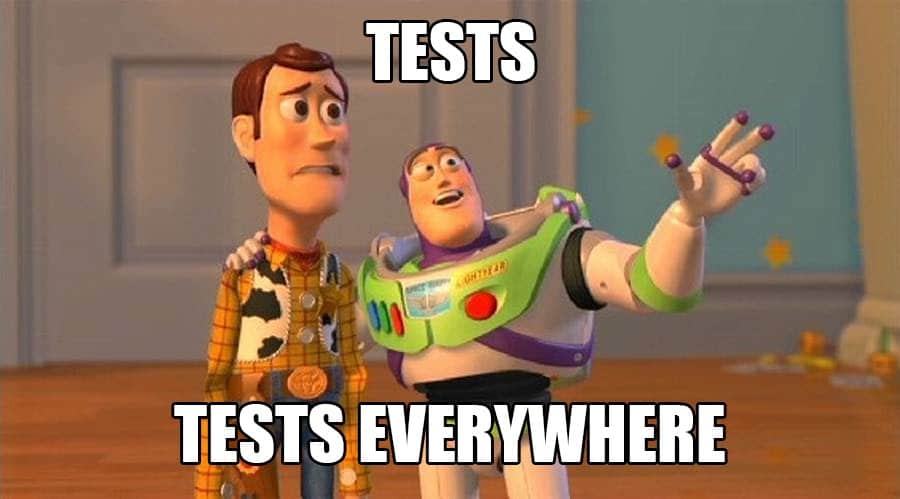
Transforming a Hero from a po-dunk existence to a Hero who saves the Kingdom is quite the feat, for both the writer and the protagonist. “Training” the Hero for the journey to come makes some sense (not for everyone because Renee couldn’t stop complaining about the word “training” on the episode).
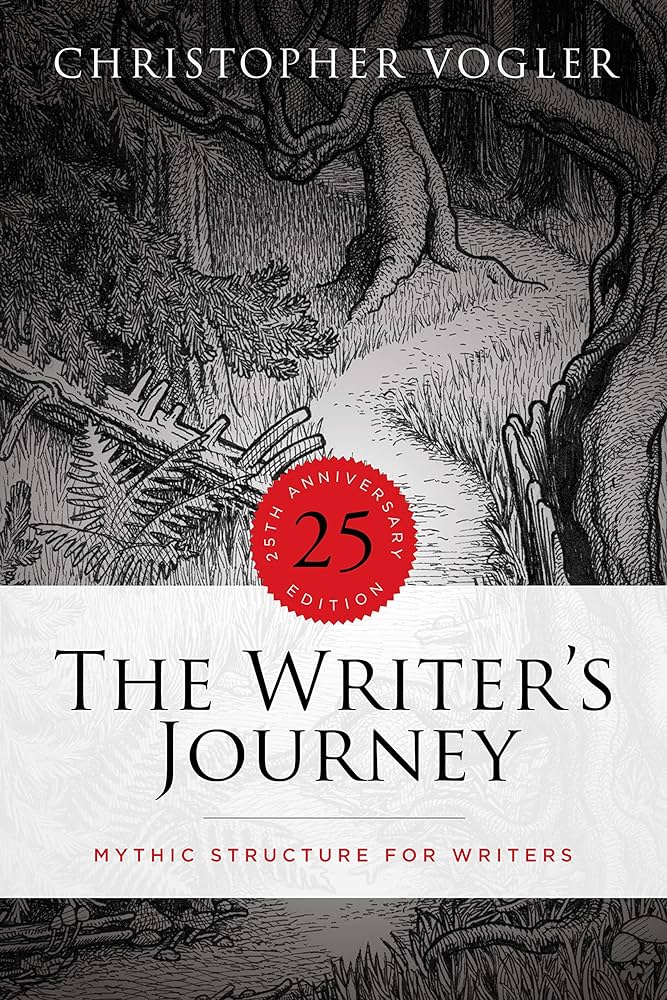
Thankfully, the Adventure won’t be a college exam because no one would read it! (Renee knows first hand since she failed students for that very thing!). There are ways, however, to make the training fun (for the reader, not the protagonist).
Mentors (is anyone paying this Archetype time and a half?)
Not sure the Archetypes have their own Union, but if so someone’s gotta call HR because the poor Mentor has to do all the work! In other words, on top of all the other functions the Mentor serves in a story, you can also make the Mentor train the Hero! Just tell ’em you’re understaffed…they’ll understand…
School of Hard Knocks

Maybe you give the Mentor a well deserved vacation and decide to kick the Hero into the Real World. Ready or not, if your Hero isn’t ready for what the Special World has in store, the more entertaining this should be. Have we mentioned how sadistic it is to be a writer?

With that said, sometimes the Hero gets not a physical, but moral beating, as is the case with Frodo when he was “too eager to deal out death in judgement.” Whether a moral and/or physical beating, your audience will enjoy “how quickly your hero can adjust to the new rules of the Special World.”
Allies & Sidekicks
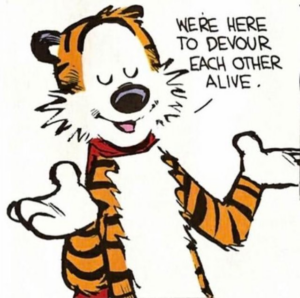
Vogler mentions many obvious, extremely relevant and super current examples everyone be they all manner of person (cats included of course) can relate to here, such as The Lone Ranger and Tonto, Zorro and Bernardo, Prince Hal and Falstaff…you know, good ol’ Bernado! Anyone…?
We know sarcasm doesn’t always travel well via text, so we present Hobbes as not-so-outdated example of a sidekick. Yes, the comics are a few decades old, but given we’re of a certain generation, we’d like to pretend everyone’s read Calvin & Hobbes.
(Fr) Enemies
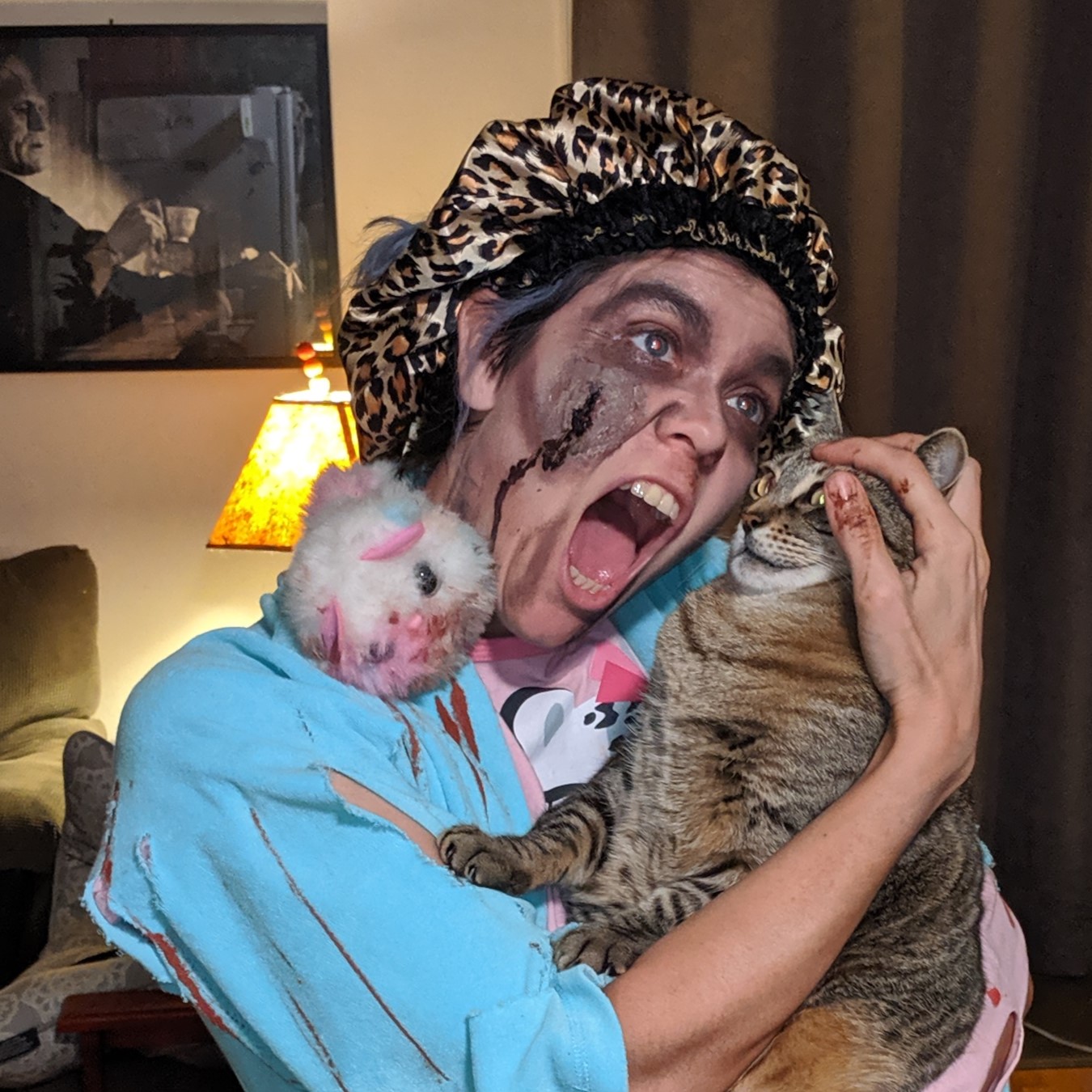
A story wouldn’t be interesting without enemies to fight. This is the stage the Hero has to figure out who can and cannot be trusted. Vogler says figuring this out is “a kind of test” in itself.
Teams
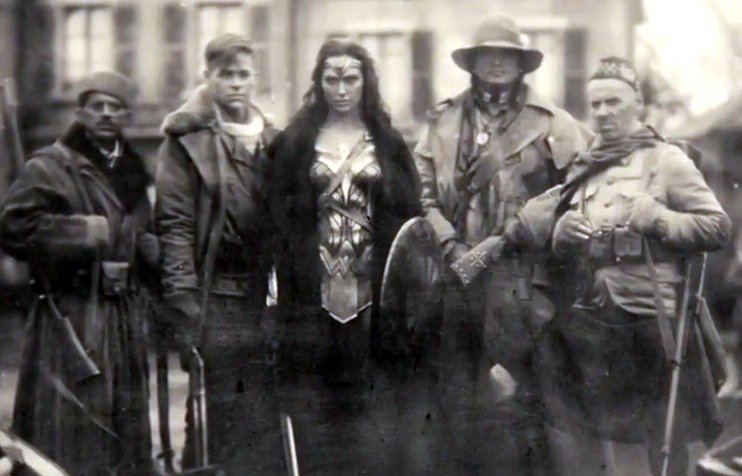
Remember the time DC made that one really good movie? Pepperidge Farms remembers…
But if we’re talking low hanging movie fruit (mmmmm, movie fruit), a couple team centered films come to mind, such as the Avengers or Suicide Squad. Of course, the Fellowship in the first LOTR installment is quite the feast. As well as the Wheel of Time series. If you’re on a genre-free diet at the moment, you may not be able to partake in many Teams in literature. You could check the nutritional label on The Outsiders…
Watering Holes
Kim and Renee found the “Watering Hole” in this section of the book quite interesting in that the “testing” phase doesn’t necessarily have to involve a high stakes challenge. Vogler states “Bars are natural spots to recuperate, pick up gossip, make friends, and confront enemies. They also allow us to observe people under pressure, when true character is revealed.”
Y’know, like that time Rorschach went to the bar in Watchmen? Ah yes, fun times…
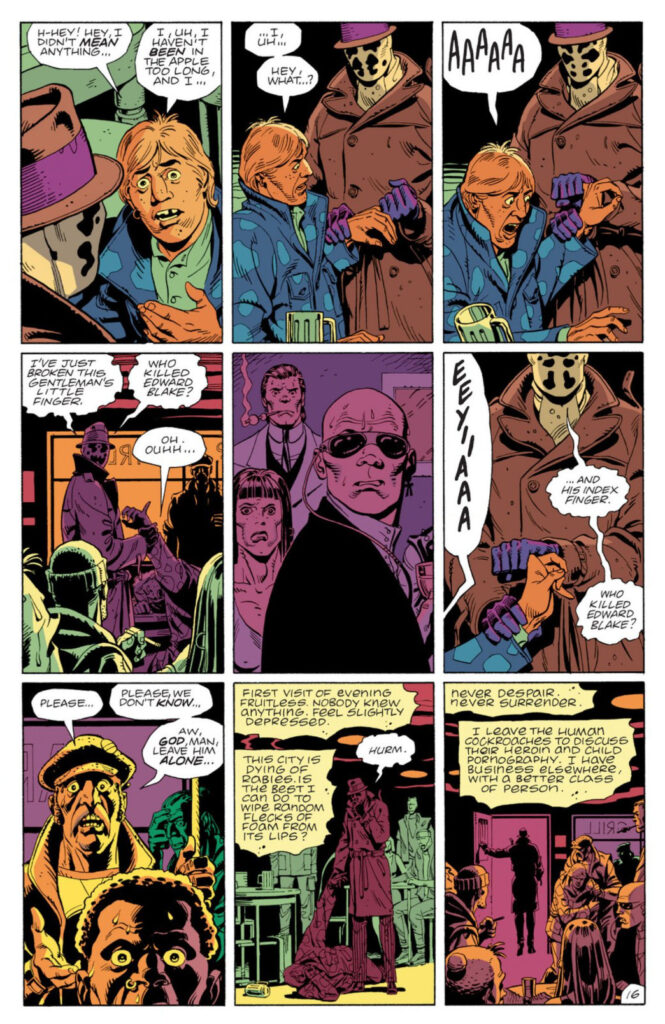
Not just for DnD adventures…if we had a dollar for every Detective genre or Police Procedural story involving a Hero breaking a few recently released felon’s fingers in search of intel, we wouldn’t need to ask for tips.
Have you checked out our Hero’s Journey Study Guide? Do you appreciate the Snark Notes (aka, show notes but written under the influence)? Words to Write by is a two woman passion project. A little support goes a long way. You could also drop us a line and let us know how you’re enjoying the podcast.
Preparing Jamie for some M-Fing Kaiju!
On the podcast, Renee and Kim break down the different “tests” Jamie, the hero in John Scalzi’s The Kaiju Preservation Society, goes through in order to prepare for the preserving Kaiju. It’s a fun (at least for us) series of events, one of which involves shooting a panther-like creature thing in the face:
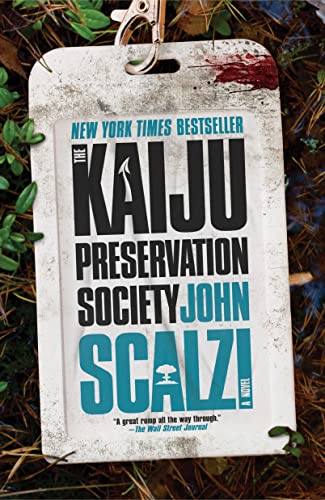
Panther-Like Creature Thing Ordeal
“This is what the creature was waiting for – for me to lose my balance, to distract myself and to be defenseless. It opened its mouth wide, its scream lost inside the noise of the helicopter rotors, and hunched itself up to leap.
Which is what I was waiting for. My footing was just fine. I just faked out the creepy fucker. And now its mouth was wide open.
I shot the canister directly into it.
Do you think you’re going to be that good of a shot?…
As it happens, I still wasn’t that great of a shot.”
In this scene, Jamie stands their ground against the creature. It’s clear their not exactly prepared, but brave enough to hold their own. We, as the audience, see Jamie passing a test of bravery but with a caveat: Jamie didn’t exactly pass this test with flying colors.

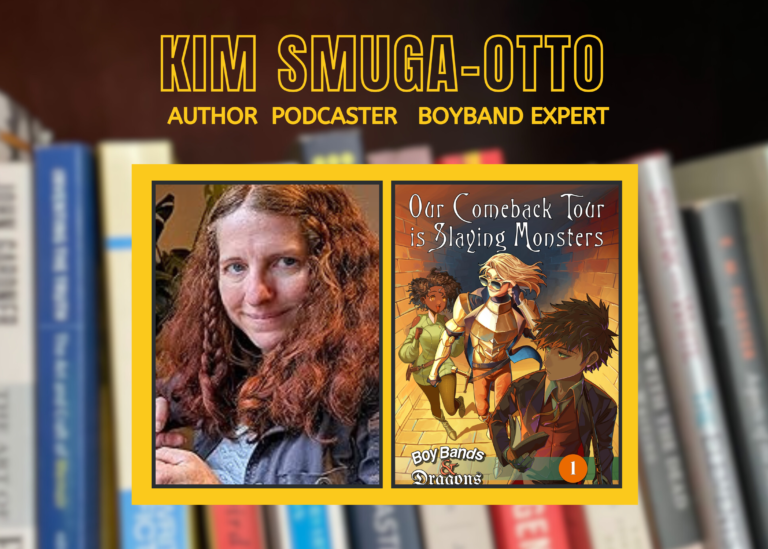
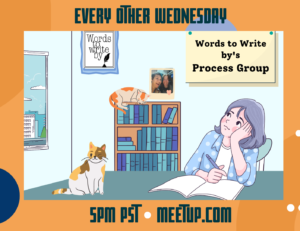


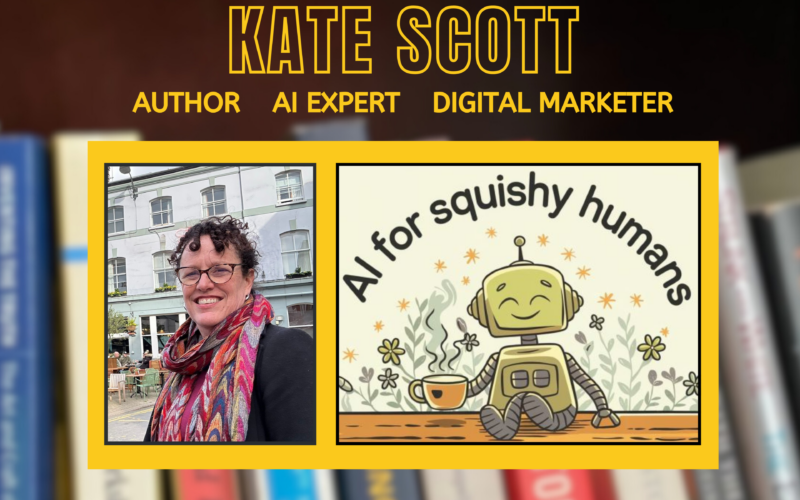


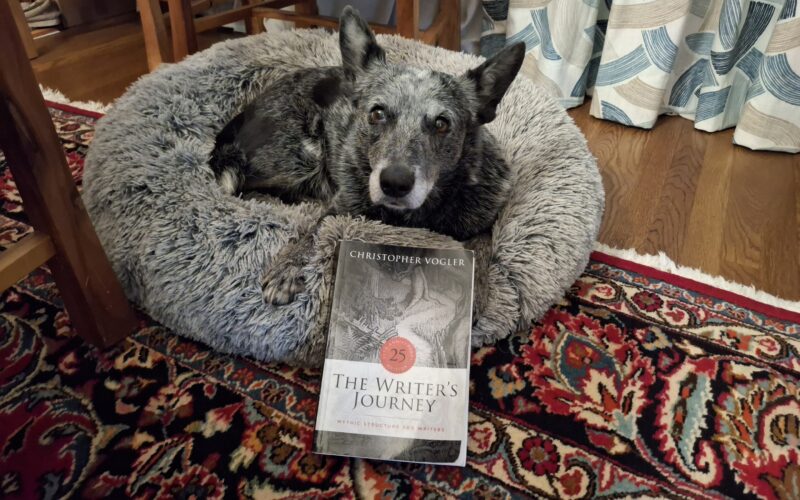
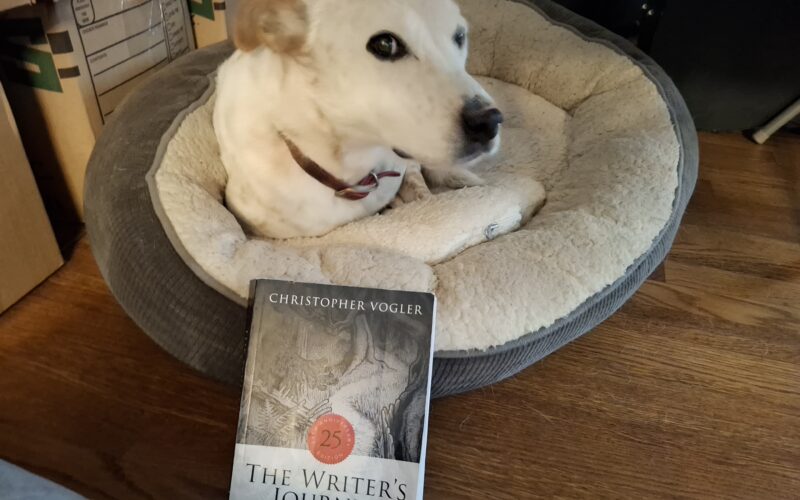
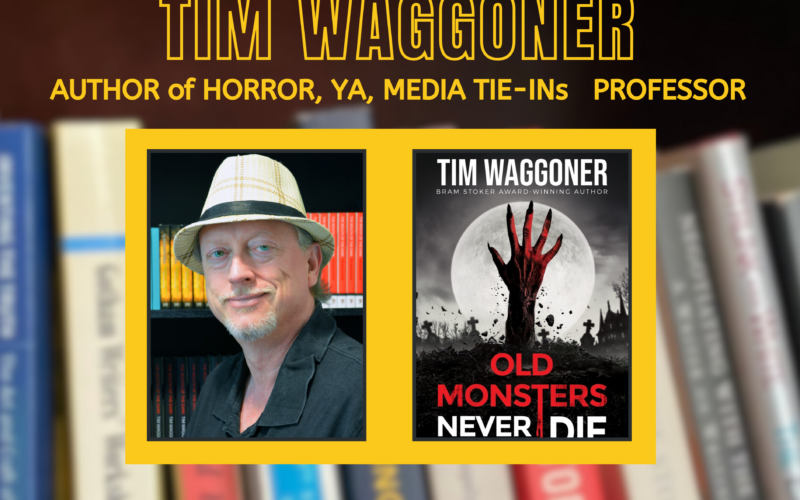
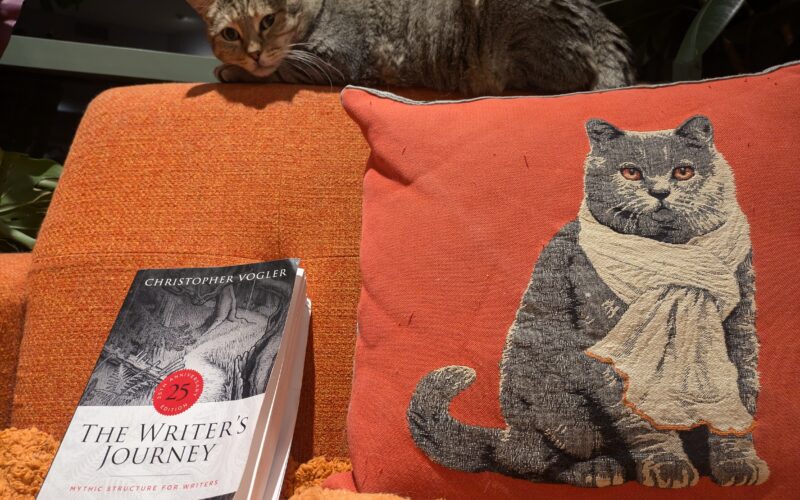
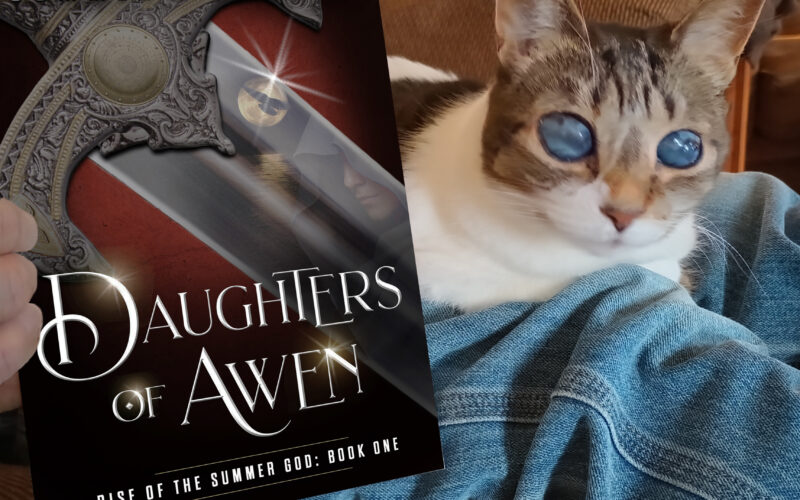

What’s Really Happening When AI Writes? An Interview with Bill Moore
We've been putting AI chatbots through creative writing challenges, but what are these systems actually doing when they write? In this episode, we bring in AI expert Bill Moore. Bill...